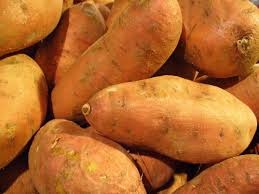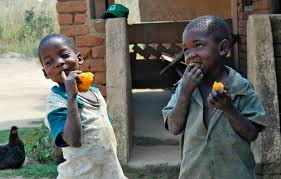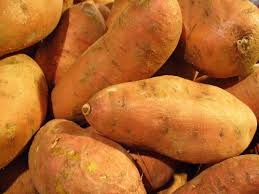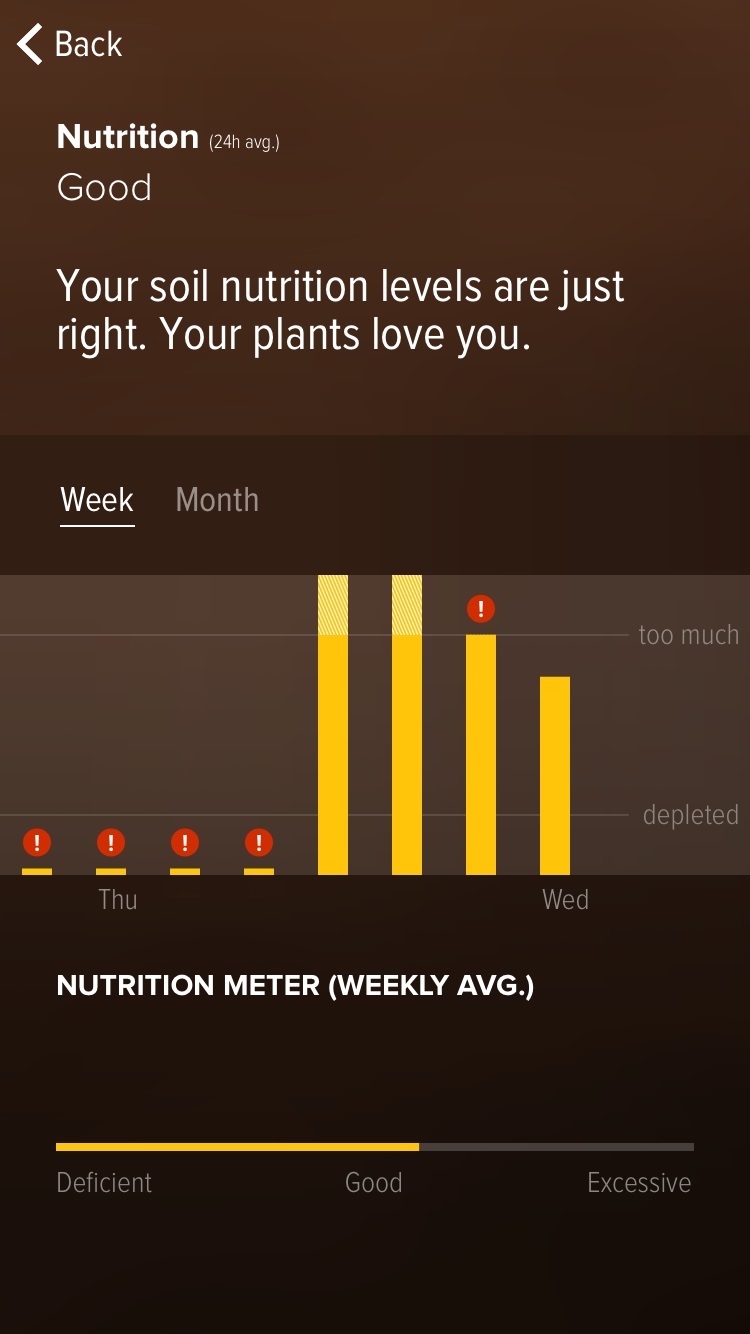The Global Institute For Transformation® (GIFT) and St. Matthew Parish, Tolland, CT, joined forces to launch a new strategy of solidarity and sustainability to help people who are hungry and struggling economically around the world. It's a simple proposition: help farmers and their families grow, enjoy and sell highly nutritious sweet potatoes!

This approach is one of the most efficacious strategies to fulfill the core UN Sustainable Development Goals of eradicating poverty, eliminating hunger and enabling wellbeing. It's what we're called to do in Matthew 25.
The sweet potato has proven to be an incredible blessing. It's actually two food crops in one -- the potato and its leaves. The orange flesh potato itself is recognized as a nutritional powerhouse, yet one university expert once advised that if she had to choose between either forms of food (but you don't), she would choose the leaves due to dietary voids.
Deemed "The Mother Teresa of Food" for it's nutritional impact, the orange flesh potato can also prevent Vitamin A defficiency causes 600,000 child deaths annually. The orange flesh potato can also help to slow diarrhea. Diarrheal diseases kill 1.5 million children annually, causing nearly 20% of all children's deaths -- which is more than AIDS, malaria and measles combined. That's 2 million child deaths and the sad, tragic and devastating loss and pain for families that could be prevented annually.
Sweet potatoes grow in a manner whereby it will propagate exponentially. First, potatoes themselves can be planted too sprout slips and can yield well over a dozen slips over time. Then during the growing period leading up to the potato harvest, the leaves of the plants can be clipped and transferred, allowing for further propagation. Combined, the two phases of propagation enables sharing the opportunity for income and food security with other struggling farmers and their families.
As a crop, the sweet potato is more tolerant of diseases, pests and high moisture than many other vegetables. Sweet potatoes grow with little water and fertilizer. The sweet potato has been described as the #1 crop to grow to help feed the planet by 2050, to meet the anticipapted significant population growh.
Sweet potatoes are considered a high-profit crop whose markets are growing and uses are growing. Beyond being used as table potatoes and in pies, they've become popular as chips, fries, and flour; and sweet potatoes are also becoming a sweetener replacement for corn syrup; and they've been used by Toyota to create plastic car parts!
Introducing a smart farming and church “twinning” project and a template for replicating this across the “Church for the Poor” globally. Our first projects are in Haiti and Malawi.
The USCCB Document On The Laity explains that "All of the baptized are called to work toward the transformation of the world... All of the faithful are called in various ways to share in the Church’s mission of announcing the reign of God and transforming the world in the light of Christ.” Addressing global poverty and starvation by learning and sharing best practices for sweet potato farming is one way we can help.
Helping in this way can be done as a fun family event... for the Church family... for your family... and for the family of God. And while participating in this project will be fun, it will also provide serious starvation, solidarity and sustainability support.
This project involves planting a model church garden utilizing USDA expertise and enabling the replication of this effort via St. Matthew Outreach-To-Haiti twinning. Project plans have evolved to extending this initial Haiti twinning effort into Malawi, and ideally will continuie expanding globally, via encouraging and supporting other church twinning projects.
The project scope includes this instructional portal (developed by Poznan Supercomputing & Networking Center, Poland), which can help share farming best practices and optimize yield and propagation and improve profitability, through such tech-enabled practices as weather and soil condition monitoring and control of farm irrigation and other practices.
The goals of this effort are: 1) to connect local churches and global communities in a way that makes solidarity a personal, enriching experience; 2) to optimize farming yields via soil testing, via propagation, and via techn-enabled best practices in sustainable farming, including via soil sensors, weather data and webcams; 3) to share best practices (and slip propagation) across the globe, with local churches and through parish twinning programs; and 4) to support local U. S. pantries with donations from each church garden harvest.
Since this effort began, we have received requests to help the farmers create value-added products from their harvests -- such as flour, juices, breads, beer and/or other goods -- and to help create a market for these products in the U. S. This is now part of our program planning as well. In addition, we are going to be creating a Children's Hunger Support Program in Haiti to help fill in for the recent reductions in funding by the government and NGO sources -- drastic cuts from historic aid levels which are now adversely impacting many Haitian schools and charities. In Malawi, we will be enabling two farming seasons through the introduction of KickStart pumps.
This website will house information both written and via video on how to best farm sweet potatoes as well as weather data and sensor data for managing watering and treatment of the soil for sustainability and optimum harvests. We will also provide recipes on what you can make from sweet potatoes and their leaves.
This website has been architected with the support of the Poznan Supercomputing & Networking Center, such that St. Matthew and GIFT can help other churches and their twinning efforts essentially make their own copies of key components of this website.
For more information or to participate in this global, small scale farming starvation relief and economic development effort, please contact Tim Maurer, president, Global Institute For Transformation® (GIFT): timothy.maurer@institutefortransformation.org; 402-212-7973.
More information on the Global Institute For Transformation® (GIFT) is available at www.institutefortransformation.org
The Sweet Potato's Value

Life-Saving Nutrition
Global Acceptance & Recipes
Impact On Starvation & Poverty
Easy To Grow



